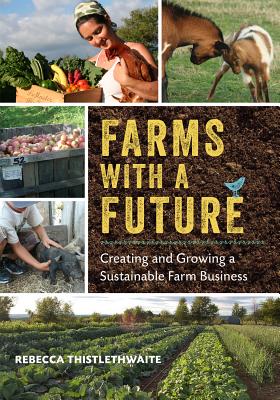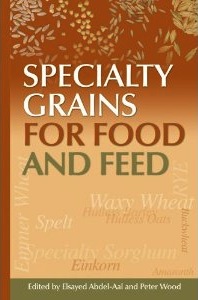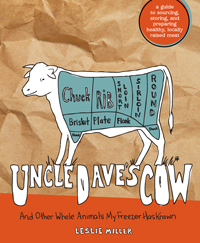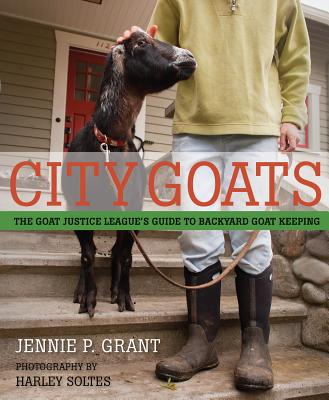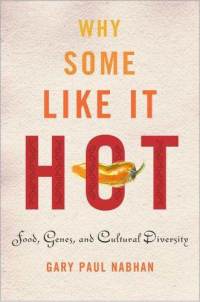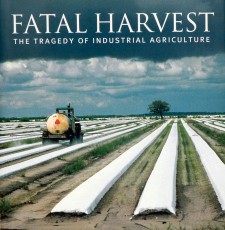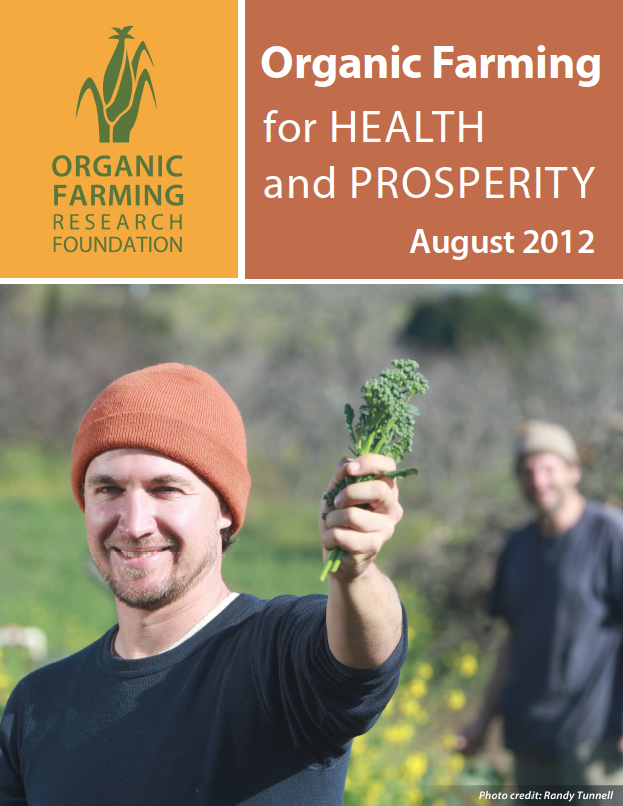Farms With a Future by Rebecca Thistlethwaite
Behind a cover that resembles so many other “So-You-Want-To-Be-A-Farmer” books, Rebecca Thistlethwaite, has put together a carefully thought out course for entrepreneurs of any age that want to start a business called a “Farm.”

